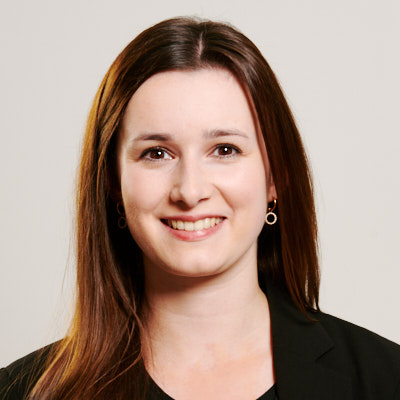1 Background
If a taxable person renders services to a fixed establishment of the recipient of those services, the place of supply is where the fixed establishment is located (see sec. 3a para. 2 sentence 2 of the German VAT Act). According to the legal definition, a fixed establishment requires a sufficient degree of permanence and a suitable structure, in terms of human and technical resources, which allows for the autonomous supply or receipt of supplies (see Art. 11 of the Council Implementing Regulation). The most recent ECJ case (C-533/22 – Adient) essentially (once again) dealt with the question of whether a group company should be considered a fixed establishment of another group company.
2 Facts
Adient Germany and Adient Romania entered into a contract for the provision of services. Both companies belong to the Adient group, which is an automotive equipment supplier specialising in the manufacture and marketing of seats and other components and are therefore affiliated with each other. Both companies are legally independent of each other. Based on the contract for the provision of services, Adient Romania cuts and sews car seat covers from raw materials provided by Adient Germany. During the manufacturing process, Adient Germany remains the owner of the raw materials and finished products. In addition to processing the raw materials, Adient Romania also provides additional services, such as storage, inspection and management of the raw materials, as well as storage and support in selling the finished products to customers. Adient Germany supplies the finished products from Romania to customers worldwide.
Adient Romania invoiced the supplies of manufacturing services to Adient Germany without VAT. It assumed that the supplies were taxable in Germany at the place where Adient Germany has established its business. The Romanian tax authorities, on the other hand, took the view that Adient Germany maintained a fixed establishment at Adient Romania’s various branches, which is why the supplies were rendered within a taxable transaction and subject to VAT in Romania. The Romanian tax authorities registered Adient Germany as a taxable person established in Romania. Adient Germany took legal action against this enforced registration. The Argeș Regional Court expressed doubts about the position of the Romanian tax authorities and requested a preliminary ruling from the ECJ on whether a foreign company (Adient Germany) constitutes a fixed establishment in Romania in the circumstances of the case.
3 Decision of the ECJ
The fact that two companies, legally independent of each other, belong to the same group, and are legally bound between themselves by a contract, cannot determine the existence of a fixed establishment. In the case of a legal entity, it must be assumed that it uses the technical and human resources at its disposal for its own needs and remains responsible for this, even if it has only one customer. A fixed establishment could only be deemed to exist if the recipient could dispose of the technical and human resources of the supplier as if they were its own. The ECJ distinguishes between the supply of services rendered to Adient Germany and the supply of finished products by Adient Germany in Romania. The fact that Adient Germany has a structure in Romania from which it supplies goods to customers is irrelevant for determining the place of supply of services. According to Article 192a of the EU VAT Directive, Adient Germany is not considered to be established in Romania with regard to the supply of goods. The ECJ also reconfirms that the means used to determine the existence of a fixed establishment cannot be the same as those used to supply services to the fixed establishment. The existence of a fixed establishment therefore presupposes that it is possible to identify the recipient’s human and technical resources, which are distinct from those of the supplier. Otherwise, the supplier and recipient would be identical, which would mean that there would be no taxable supplies. Furthermore, preparatory or auxiliary activities cannot determine the existence of a fixed establishment.
4 Consequences for the practice
The Adient decision is the fifth decision handed down since 2018, which addresses the criteria for determining fixed establishments. It is the third since the Dong Yang decision (Case C-547/18), which dealt with the question of in what circumstances an independent company can also be the fixed establishment of another independent (group) company. This is worth noting and reflects the existing legal uncertainty, in the creation of which, it must be acknowledged, the ECJ was not entirely uninvolved. In the case DFDS (C-260/95), the ECJ ruled that a company that acts as a mere auxiliary of another taxable person can constitute a fixed establishment. In the case Dong Yang (C-547/18, see KMLZ VAT Newsletter 17 | 2020), it stated that, under certain conditions, a subsidiary can be the fixed establishment of the parent company. As a result, both tax authorities and taxable persons in group structures started to investigate the possible existence of fixed establishments.
The decisions in Berlin Chemie AG (C-333/20) and Cabot Plastics Belgium (C-232/22) already served to shed some light on the matter (see KMLZ VAT Newsletters 16 | 2022 and 30 | 2023). The current decision in Adient comes as very welcome news. The ECJ clarifies the requirements for determining when an independent company can also constitute a fixed establishment of another independent (group) company. This increases legal certainty, especially for taxable persons who have goods processed by a contractor in another EU Member State.
Contact:

Certified Tax Consultant, Master of Science (M.Sc.)
Phone: +49 (0) 89 217 50 12-82
As per: 20.06.2024
